By Matt Mills – On Feb 5, 1981, 30 years ago, more than 150 Toronto police descended on that city’s gay bathhouses, arresting more than 300 innocent men. It was part of a deliberate and organized campaign by government and police to push gay baths and bars out of business, to silence the gay press and to remove gay voices from public discourse.
Gay people were not new to discrimination in 1975 when Montreal police raided that city’s Sauna Aquarius. But that is really where the story of the 1981 bathhouse riots starts. For at least the next six years, police in various cities across the country steadily increased their harassment of the gay press and gay men in gay spaces.
Gay people had, of course, previously fought police harassment, but the events in Toronto in the first half of 1981 were watershed for the liberation movement in Canada. The activist chops refined then equipped gay people across the country to fight censorship, win partnership and employment rights, demand reasonable treatment from government, face HIV/AIDS, fight homophobic violence and win marriage rights.
If gay people had run for the shadows in 1981, if the found-ins had pleaded guilty, if those who marched on that first cold February night had simply stayed home, Canada would be a very different place for gay people today.
We’ve assembled below a series of pieces – videos, audio clips, photos and printed stories – looking back on the bathhouse raids and riots. Among them I’d like especially to draw your attention to the reborn film Track Two. Watch the whole thing below.
Watch shorter clips featuring Margaret Atwood, June Callwood, John Burt, Ken Popert, John Sewell, Gerald Hannon, Chris Bearchell and many more.
I hope you enjoy…
Check out a selection of images.
The 1981 Toronto bathhouse riots: A city galvanized, our communities remade
By Gerald Hannon
Late on the evening of Thursday, Feb 5, 1981, scores of Toronto police conducted simultaneous raids on four of Toronto’s most popular bathhouses, arresting more than 300 men. Conceived to send the city’s newly visible gay community back to where it had come from, Operation Soap teetered on the edge of success. Fearing the worst but hoping for the best, activists who had shepherded their community’s hesitant emergence as a political force called for a public protest the next evening at Yonge and Wellesley streets.Writer Gerald Hannon was at the centre of it all and recorded what he witnessed in The Body Politic, the city’s gay newsmagazine. Thirty years later, his words remain a vivid testament to a breaking storm of anger and courage that remade our communities.
Our communities remade: The Body Politic and the 1981 Toronto bathhouse riots
By Ken Popert
For many gay people The Body Politic was the only trusted source of news and information about the bathhouse raids and subsequent riots.
In February 2011, then-Body Politic Collective member and present-day Pink Triangle Press executive director, Ken Popert spoke about the role of the publication in the first half of 1981.
Read his notes for that talk.
This element added on 4 Mar, 2011.
A first-hand account of the riots
By Philip McLeod
‘What on earth am I doing this for?’ I asked myself as I started on foot from Tranby. I haven’t marched since the end of WW II. I know homosexuality is something you ‘do in the dark,’ but I hadn’t expected myself to be marching in the middle of Yonge St in the middle of the night with about 2,000 others.”
Read McLeod’s account of the Feb 8 and 9, 1981 riots
This element added on 25 Apr, 2011.
A deliberate campaign against gay sexuality
By Peter Bochove
When Toronto police raided the city’s bathhouses in 1981, Peter Bochove was one of the proprietors of The Richmond St Health Emporium..
Bochove struggled with city officials for years after the raids before winning a licence to build the Spa on Maitland. The 1981 raids and Bochove’s subsequent fight established the legal legitimacy of gay bars and baths in law. He writes about his experiences.
A unique foundation for a young movement
By Tim McCaskell
An activist his whole life long, Tim McCaskell spoke at the rally against the 1978 raid of The Barracks by Toronto police. He spoke at the 1981 bathhouse raid demonstrations, too.
The rallies against the 1981 raids helped equip Canada’s gay activists to face HIV/AIDS. In fact, many of those who led the charge against cops and government in 1981 went on to found key community organizations. Read how.
Track Two
By Harry Sutherland
In 1980 Harry Sutherland, Jack Lemmon and Gordon Keith set out to make a documentary film about the gay liberation movement in the civic election in Toronto that year.
The project didn’t go as planned and the men were wondering what to do next when they got word that Toronto police had raided the city’s bathhouses. They grabbed their gear and took to the streets.
See a 2008 interview with Sutherland and watch the film in its entirety.
Joey Shulman: Found in a common bawdyhouse
As told to Matt MillsShulman was charged as a found-in at the Richmond Street Health Emporium.Read and hear his story.
Duncan McLaren: Found in a common bawdyhouse
As told to Matt MillsMcLaren was charged after Toronto police raided The Barracks on Feb 5, 1981. He famously heard one police officer tell another that it was a shame the shower heads at the tubs weren’t hooked up to gas. The charge lingered over McLaren’s head for years, and when it finally came to trial, it was dismissed.Read his story.
Bathouse Raids Picture Gallery
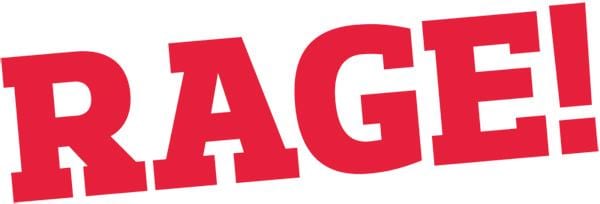
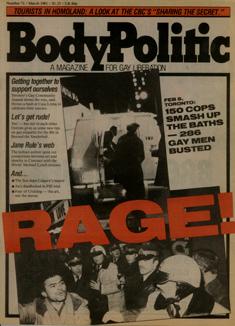
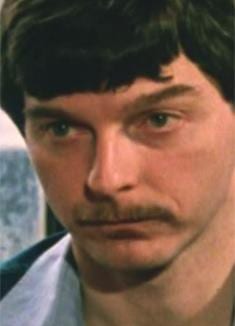
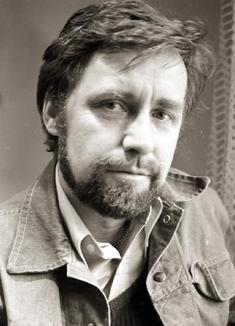
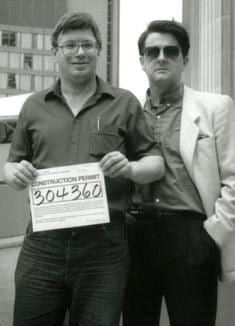
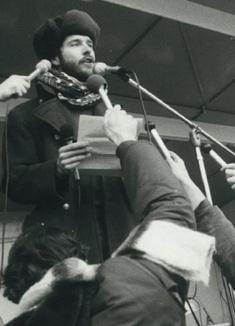
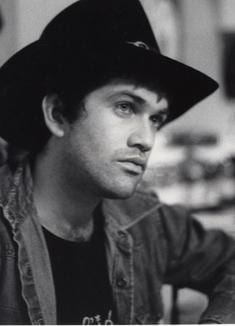
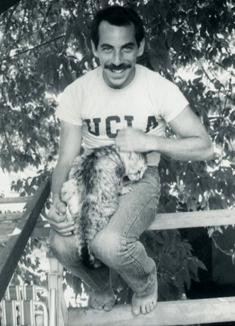
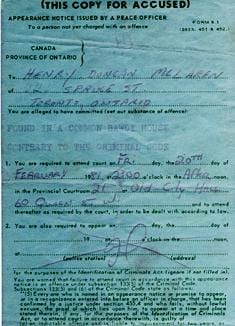
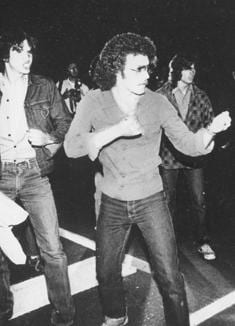
 Why you can trust Xtra
Why you can trust Xtra


